Are you constantly on edge at the thought of encountering a creepy crawly critter in your home? If so, you’re certainly not alone. The fear of pests is a common phenomenon that affects countless individuals. In this article, we will explore the psychology behind this fear, delving into the reasons why certain pests evoke such strong emotions and the potential impact it can have on one’s daily life. By understanding the root causes of this fear, we can begin to develop effective strategies to overcome it and regain a sense of peace and control in our own homes.
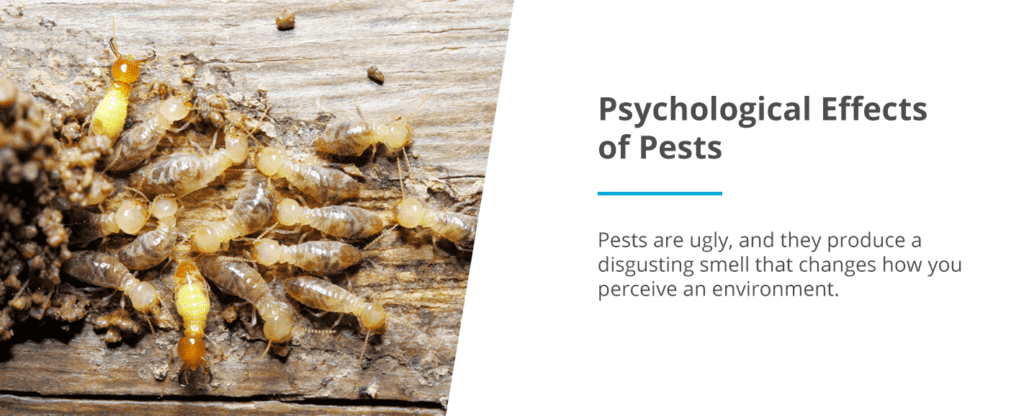
Understanding Fear of Pests
Fear of Pests: An Innate Response
Fear is a natural response to potential danger, and the fear of pests is no exception. Our brains have evolved to detect and respond to potential threats in order to ensure our survival. In the case of pests, this fear response is an instinctual reaction to protect ourselves from the potential harm they may pose. Whether it’s an innate fear of being bitten or stung, the fear of pests is deeply rooted in our biology.
The Origins of Fear of Pests
The fear of pests can be traced back to our ancestors who had to navigate an environment filled with dangerous creatures. Humans learned to associate certain pests with the risk of disease and injury, which led to a natural aversion and fear. This fear was adaptive and helped our ancestors to avoid potentially harmful situations. Over time, this fear has become ingrained in our DNA through the process of natural selection.
The Role of Culture in Fear of Pests
While fear of pests can be considered an innate response, the way we perceive and react to pests is also influenced by cultural factors. Different cultures have varying beliefs and superstitions surrounding pests, which can shape their perception and fear of them. For example, in some cultures, spiders are seen as harbingers of good luck, while in others, they are feared and associated with danger. The cultural context in which we grow up can significantly impact our fear of pests.
Common Pests and Associated Fears
Fear of Cockroaches
Cockroaches are one of the most common pests encountered in households, and for many people, they evoke a deep sense of disgust and fear. This fear may stem from their association with filth and disease, as well as their rapid movement and ability to survive in diverse environments. The fear of cockroaches, known as katsaridaphobia, can often be attributed to our primitive instinct to avoid sources of contamination and potential harm.
Fear of Spiders
Arachnophobia, the fear of spiders, is one of the most common specific phobias worldwide. This fear is often linked to their potentially venomous bites and the way they move with their eight long legs. The fear of spiders can be intensified by cultural beliefs and myths, such as the association of spiders with poison or bad luck. Even though only a small percentage of spiders are actually harmful to humans, the fear of spiders remains deeply ingrained in many individuals.
Fear of Rats and Mice
The fear of rats and mice, known as musophobia, can stem from several factors. These rodents are often associated with dirt, disease, and destruction, making people instinctively repulsed by their presence. The fear of rats and mice can also be influenced by negative experiences or cultural beliefs. Their ability to invade homes and contaminate food further contributes to the fear and discomfort they provoke.
Fear of Bedbugs
Bedbugs, tiny nocturnal pests that feed on human blood, can evoke a strong fear response in individuals. The fear of bedbugs often arises from their association with sleep disturbances and the discomfort caused by their bites. The fear can be exacerbated by the difficulty in eradicating bedbugs, leading to a sense of helplessness and anxiety.
Fear of Ants
While ants may seem harmless to most, some individuals experience a disproportionate fear of these tiny creatures. This fear, known as myrmecophobia, can be triggered by the swarming nature of ants, their persistence in invading homes, or the fear of being bitten. It can be especially challenging to cope with this fear as ants are often found in large numbers, increasing the individual’s anxiety.
Fear of Bees and Wasps
Many people experience fear or unease around bees and wasps due to their association with painful stings and allergic reactions. This fear, known as apiphobia or spheksophobia, can cause individuals to avoid outdoor activities or panic when encountering these insects. The fear of bees and wasps can also be influenced by cultural beliefs and personal experiences, such as witnessing someone being stung.
Fear of Mosquitoes
Mosquitoes, known for their ability to transmit diseases such as malaria, dengue fever, and Zika virus, can trigger a fear response in individuals. The fear of mosquitoes is often driven by the potential health risks they pose. This fear can be particularly intense in regions where mosquito-borne diseases are prevalent, leading to heightened vigilance and anxiety.
Fear of Termites
Termites, although small, can cause significant damage to wooden structures, leading to a fear known as isopterophobia or termite phobia. This fear is often rooted in the potential financial burden and structural instability associated with termite infestations. In extreme cases, individuals with termite phobia may experience intense anxiety or panic attacks when faced with the possibility of their presence.
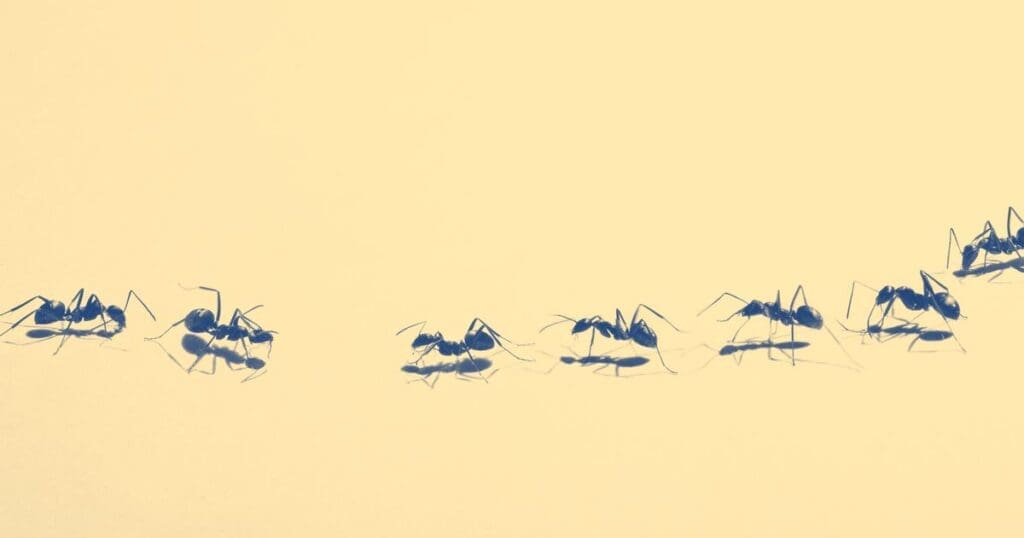
Psychological Factors Influencing Fear of Pests
Disgust Response
The disgust response plays a significant role in the fear of pests. This primal reaction is evolutionarily designed to protect us from potential sources of contamination and disease. Pests, with their association with filth and unsanitary conditions, can trigger an intense disgust response, exacerbating the fear and aversion towards them.
Fear Conditioning
Fear conditioning occurs when an individual learns to associate a specific stimulus, such as a particular pest, with fear and anxiety. Negative experiences, such as being bitten or stung, can lead to this conditioned fear response. Once established, the fear response can be activated even in the absence of an actual threat, contributing to the individual’s fear of pests.
Negative Experiences
Negative experiences involving pests can significantly impact an individual’s fear response. Being bitten, stung, or witnessing someone else’s negative encounter with pests can create lasting impressions and reinforce the fear. These experiences can trigger a sense of vulnerability and anxiety, making the fear of pests more pronounced.
Exaggerated Perception of Danger
People with a fear of pests may have an exaggerated perception of the potential danger associated with these creatures. This cognitive bias can lead individuals to interpret harmless situations as high-risk, intensifying their fear response. For example, someone with an exaggerated fear of ants may perceive a few harmless ants as a significant threat to their well-being.
Phobias and Irrational Fear
In some cases, the fear of pests may develop into a phobia, characterized by an irrational and intense fear that is disproportionate to the actual danger posed by the pest. Phobias can significantly impact an individual’s quality of life and may require professional help to address and manage.
Factors Modulating Fear of Pests
Personality Traits
Personality traits play a role in modulating the fear of pests. Individuals with high levels of neuroticism or anxiety tend to be more prone to developing and experiencing intense fear responses. On the other hand, individuals with higher levels of resilience and openness to new experiences may be less likely to develop a fear of pests.
Exposure to Media and Information
The media and readily available information can shape our perception and fear of pests. News stories, movies, or social media posts highlighting the negative aspects of pests can amplify our fears and reinforce negative associations. It is essential to be mindful of the information we consume and assess its credibility to avoid unnecessary anxiety.
Social Learning and Observational Fear
Fear of pests can be learned through social interactions and observational learning. If a person observes someone close to them displaying fear or anxiety towards pests, they may develop similar fear responses. Social learning can significantly impact an individual’s fear of pests, as we tend to rely on social cues and experiences to understand potential threats.
Parental Influence
Parental attitudes and behaviors can influence a child’s fear of pests. Children often look to their parents for cues on how to react to the world around them. If parents display fear or anxious behaviors towards pests, children may develop similar fear responses. On the other hand, if parents adopt a calm and rational approach, children may learn to manage their fear more effectively.
Cultural Beliefs and Myths
Cultural beliefs and myths surrounding pests can shape our perception and fear of them. Cultural associations, superstitions, and folk stories can contribute to the fear or reverence we feel towards certain pests. Understanding the cultural context in which our fear of pests arises can help us navigate and challenge these beliefs, leading to a more balanced perspective.
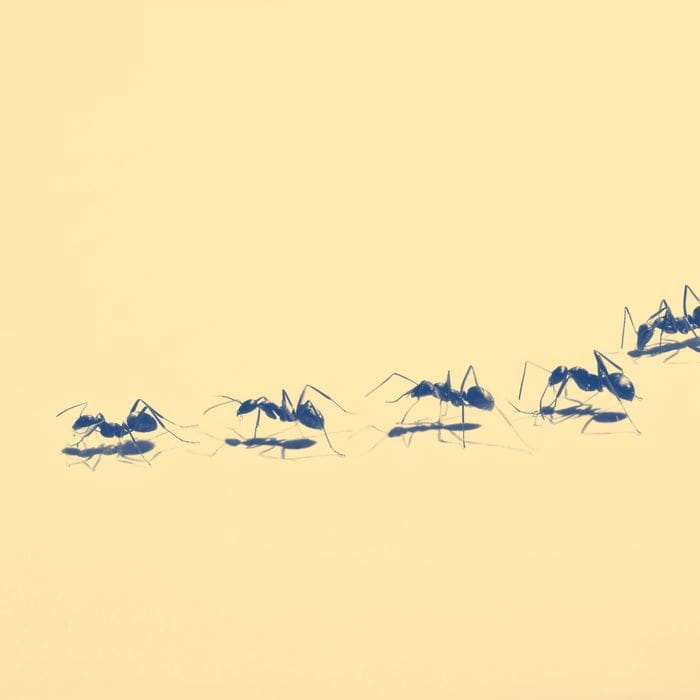
Effects of Fear of Pests on Mental Health
Anxiety and Panic Disorders
Fear of pests can contribute to the development or exacerbation of anxiety disorders. The constant anticipation of encountering pests, coupled with the fear response triggered by their presence, can lead to heightened anxiety levels. Individuals may experience symptoms such as restlessness, racing thoughts, and panic attacks.
Specific Phobias
Fear of pests can give rise to specific phobias, where the fear response is limited to a particular pest or group of pests. Specific phobias can significantly impact an individual’s daily life, causing avoidance behaviors, distress, and overall impairment in functioning. Seeking professional help, such as therapy, can be a crucial step in overcoming specific phobias related to pests.
Post-Traumatic Stress Disorder
In some cases, individuals who have experienced traumatic encounters with pests, such as severe allergic reactions or infestations, may develop post-traumatic stress disorder (PTSD). The fear and distress associated with the traumatic event can lead to intrusive thoughts, flashbacks, and avoidance behaviors. Treating PTSD related to pest encounters may require specialized therapy and support.
Coping Mechanisms for Fear of Pests
Education and Knowledge
Educating yourself about pests can help alleviate fear and anxiety. Understanding their behaviors, risks they pose, and effective control methods can provide a sense of empowerment and control. Consult reputable sources and experts in the field to ensure accurate and science-based information.
Exposure Therapy
Exposure therapy is a technique commonly used to treat specific phobias, including the fear of pests. Under the guidance of a mental health professional, individuals gradually and safely expose themselves to the feared pest. Through repeated exposure, individuals learn to manage their fear response, leading to desensitization and a reduction in anxiety.
Cognitive-Behavioral Therapy
Cognitive-behavioral therapy (CBT) can be highly effective in addressing the fear of pests. CBT helps individuals identify and challenge irrational thoughts and beliefs related to pests, allowing for the development of more realistic and balanced perspectives. It also incorporates techniques such as relaxation exercises and coping strategies to manage anxiety.
Relaxation Techniques
Relaxation techniques, such as deep breathing, progressive muscle relaxation, and mindfulness, can help reduce anxiety associated with the fear of pests. Practicing these techniques regularly can assist in managing fear responses and promoting a sense of calmness and control.
Medication
In some cases, medication may be prescribed to individuals with severe anxiety or phobias related to pests. Anti-anxiety medications or selective serotonin reuptake inhibitors (SSRIs) can help manage the symptoms of anxiety disorders, making it easier for individuals to engage in therapy and cope with their fear.
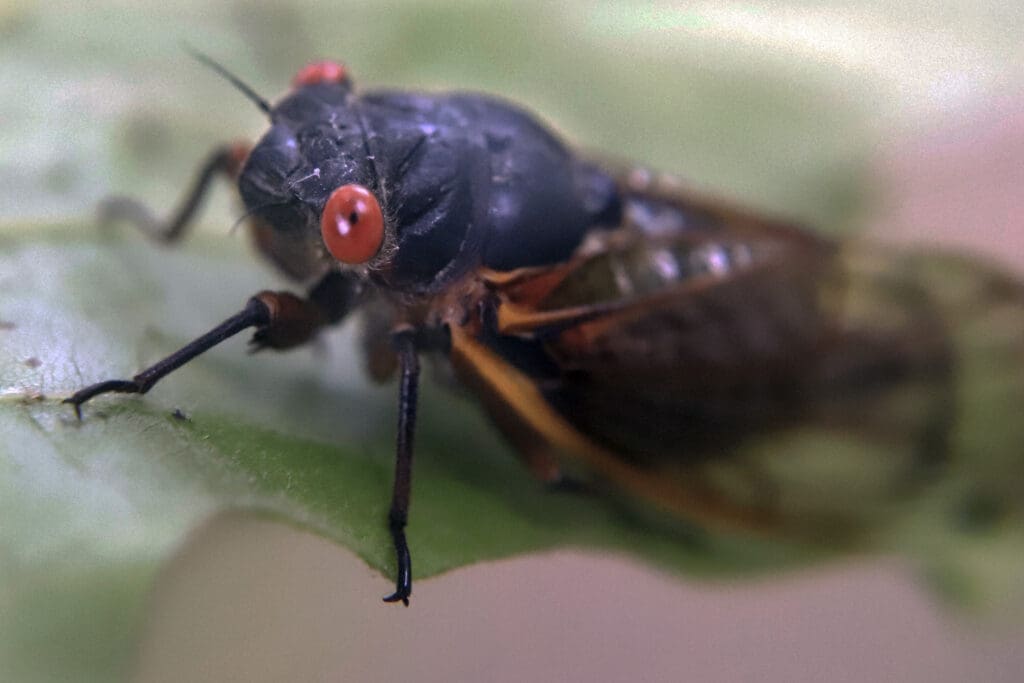
Tips for Overcoming Fear of Pests
Maintain a Clean and Pest-Free Environment
Taking proactive steps to prevent infestations and maintain a clean living environment can help alleviate fear and anxiety related to pests. Regularly cleaning and decluttering can reduce the likelihood of pest problems, giving you peace of mind and a sense of control.
Seek Professional Pest Control Services
If you’re struggling with a persistent pest problem, it is recommended to seek professional pest control services. Pest control professionals have the expertise and resources to effectively address infestations, providing reassurance and peace of mind.
Seek Support from Friends and Family
Sharing your fears and concerns with trusted friends and family members can provide emotional support and understanding. Loved ones can offer guidance, empathy, and encouragement as you work on overcoming your fear of pests.
Gradual Exposure to Pests
Challenging your fear by gradually exposing yourself to the presence of pests can be a helpful technique. Start by looking at pictures or videos of pests, then progress to observing them from a distance, and eventually, if possible, interact with them in a controlled and safe environment. Remember to take things at your own pace and seek professional guidance if needed.
Use Protective Measures
Implementing protective measures, such as wearing protective clothing or using insect repellents, can help reduce anxiety when encountering pests. These measures provide a sense of control and minimize the perceived threat of pests, allowing you to engage in outdoor activities with greater ease.
Conclusion
The fear of pests is a complex and multifaceted phenomenon influenced by biological, psychological, and cultural factors. While fear of pests can be distressing and impact mental health, there are various coping mechanisms and strategies available to overcome this fear. By understanding the origins of fear, challenging irrational thoughts, and seeking support when needed, individuals can regain a sense of control and live their lives free from overwhelming fear. With the right knowledge, support, and resources, it is possible to overcome the fear of pests and create a safe and comfortable living environment.
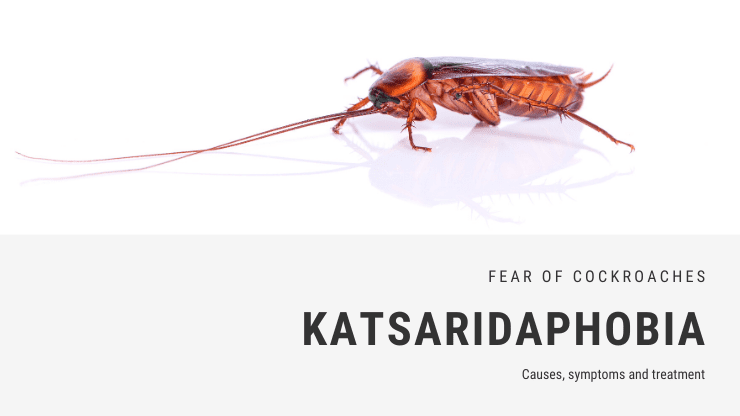

I am Randy, the author behind PestControld.com. Drawing from decades of experience, I aim to provide valuable insights, expert advice, and practical recommendations to help you make informed decisions when assessing viable pest control solutions.